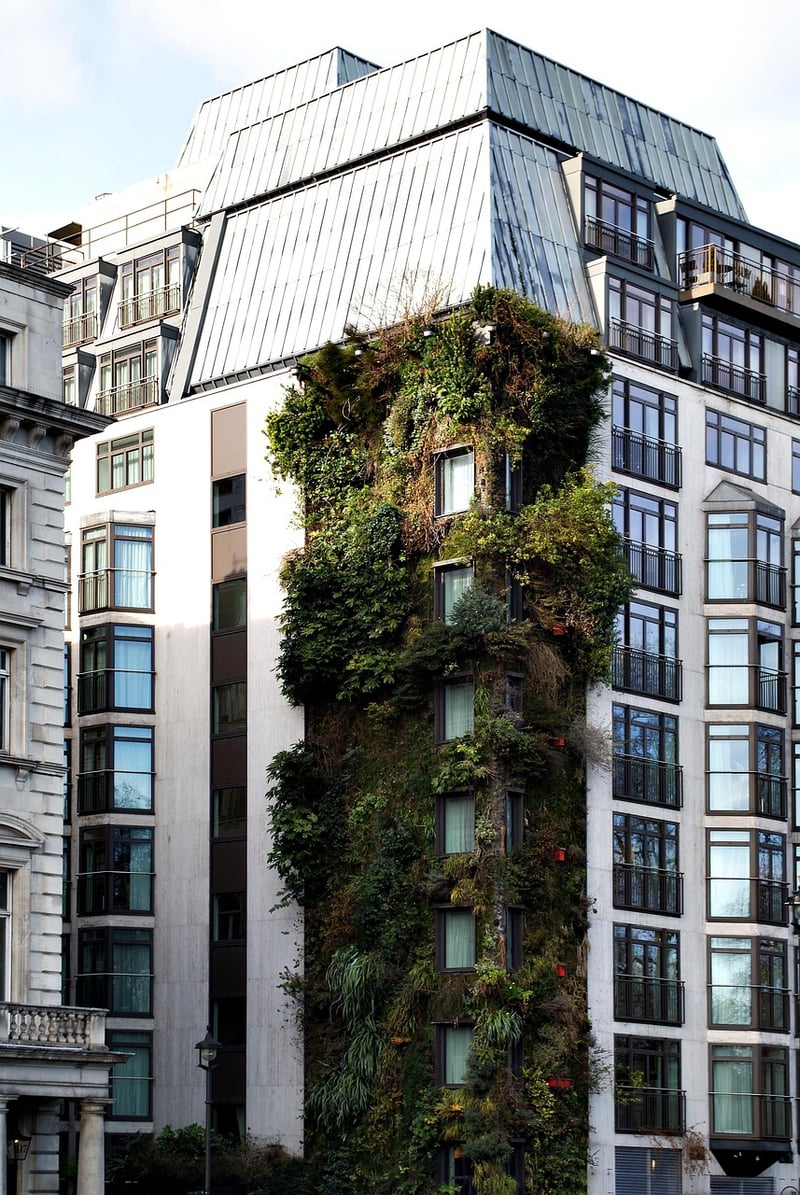Urban Greening
The Benefits of Vertical Gardens for Urban Greening
Urban areas are increasingly turning to vertical gardens as a solution to combat environmental issues and enhance the quality of city life. Vertical gardens, also known as green walls, are structures that support plant growth vertically, either indoors or outdoors. Let's delve into the advantages of vertical gardens for urban greening:
1. Space Utilization
Vertical gardens make efficient use of limited space in urban environments. They can be installed on walls, fences, or even buildings, adding greenery without taking up valuable ground space.
2. Air Quality Improvement
Plants in vertical gardens help purify the air by absorbing pollutants and releasing oxygen. This can significantly enhance air quality in cities, reducing the impact of pollution on residents.
3. Thermal Regulation
Vertical gardens act as natural insulators, reducing the heat absorbed by buildings and lowering the urban heat island effect. They can help regulate temperatures, making cities more comfortable and energy-efficient.
4. Biodiversity Support
Vertical gardens provide habitat for birds, insects, and other wildlife in urban areas. They contribute to biodiversity conservation by creating green corridors and offering shelter for various species.
5. Aesthetics and Well-being
Green walls enhance the visual appeal of urban landscapes, creating a more inviting and pleasant environment for residents and visitors. The presence of greenery has also been linked to improved mental health and well-being.
6. Noise Reduction
Plants in vertical gardens can help dampen noise levels in busy urban settings by acting as sound barriers. This can contribute to a quieter and more peaceful living or working environment.
7. Food Production
Vertical gardens can be used to grow fruits, vegetables, and herbs in urban spaces, promoting local food production and reducing the carbon footprint associated with transporting produce from rural areas.
Conclusion
Vertical gardens offer a range of benefits for urban greening, from environmental sustainability to social well-being. As cities continue to grow and face challenges related to climate change and urbanization, integrating vertical gardens into urban planning can play a significant role in creating healthier and more sustainable urban environments.
Embrace the green revolution in your city with vertical gardens!

